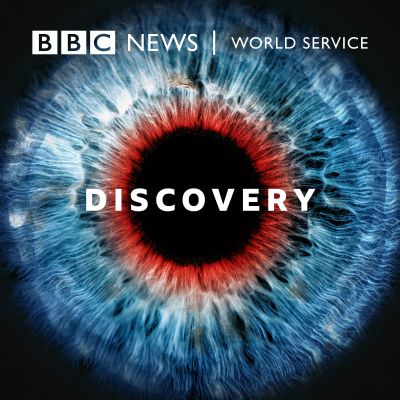Katherine Joy
Katherine Joy studies moon rock. She has studied lunar samples that were brought to earth by the Apollo missions (382kg in total) and hunted for lunar meteorites in Antarctica, camping on ice for weeks on end and travelling around on a skidoo. Working at the forefront of the second wave of lunar exploration, she studied remote sensing data from Europe’s first mission to the moon, Smart 1 which launched in 2003 and data from many subsequent missions. She tells Jim Al-Khalili why she believes the moon is the most exciting destination in our solar system and explains what it can tell us about the long history of planet earth. Beneath the magnificent desolation of the moon’s surface, multicoloured rocks contain vital clues about the history of our solar system. Every crater on the moon is evidence of a collision and the chemistry of these rocks tells us when these collisions took place. Katherine’s research supports the idea that a period known as the late heavy bombardment was a particularly turbulent time. Could the late heavy bombardment explain the origin of life on earth?
